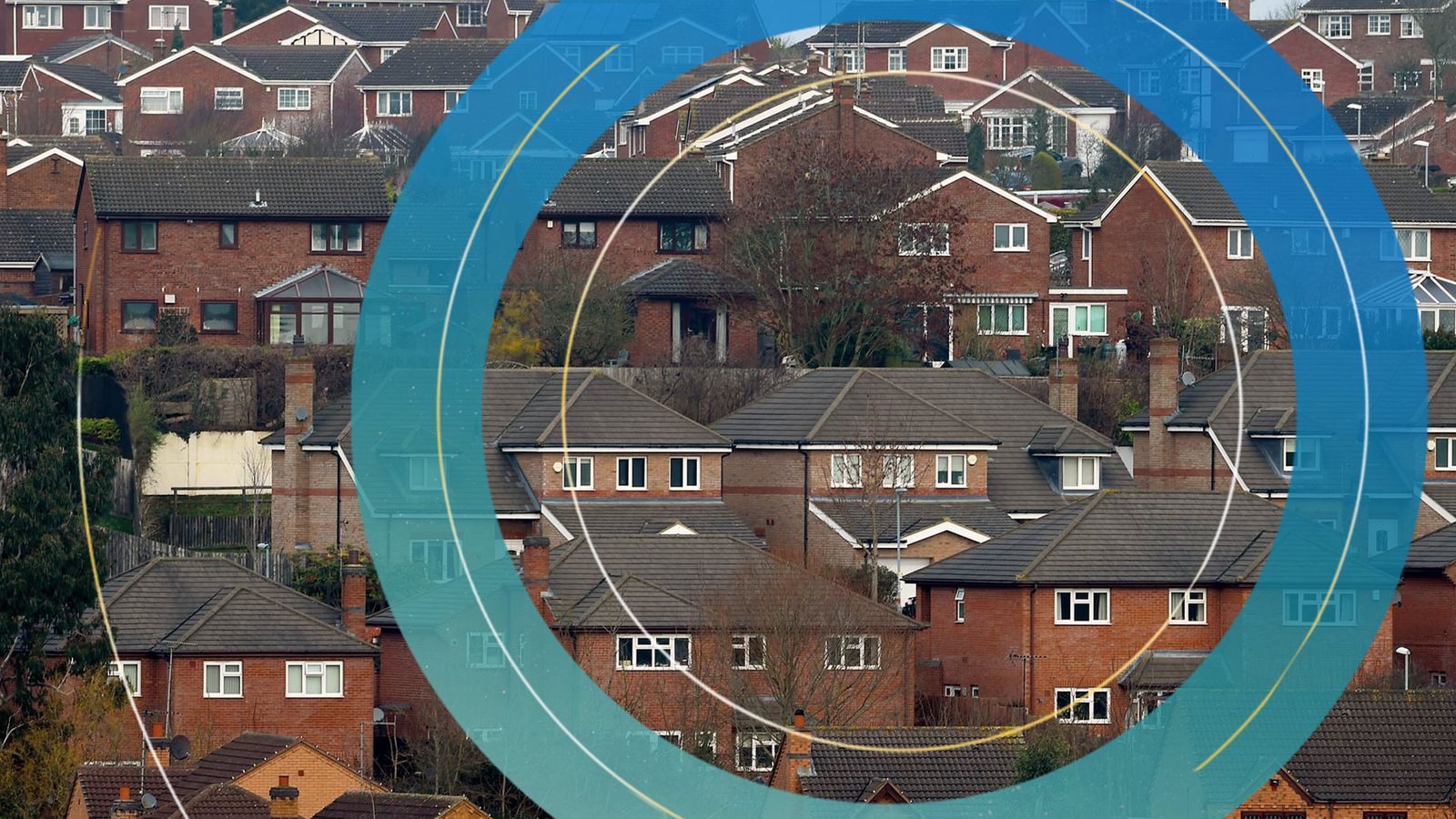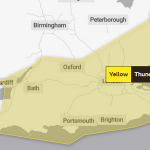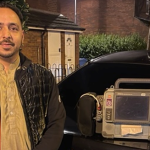Homes that are less energy efficient could cost hundreds of pounds more to heat after the energy price cap rises next month, according to new research.
People living in homes with an E-rating or worse on their energy performance certificate (EPC) could see their annual heating bills rise by at least £320 more than those living in home with a C-rating.
Those living in the country’s 1.5 million F or G-rated homes could face an extra cost of £390.
The figures are from Shrinking Footprints, which is the 16th report for The Economy 2030 Inquiry – a collaboration between the Resolution Foundation and the Centre for Economic Performance at the LSE, funded by the Nuffield Foundation.
Read more:
Cost of living: Why are energy bills so high – and will going green help send them down?
Electric car prices could be about to plummet – here’s why
The report says that, while poorly-insulated homes have always been more expensive to heat, the scale of the “leaky homes surcharge” will add an extra £3.9bn to bills for homes rated D to G when the energy price cap increases.
One government suggestion has been to require new build homes to have heat pumps from 2025, but the foundation said these are less effective in poorly-insulated homes.
Ukraine invasion: More UK sanctions on Moscow revealed – as Britons advised against all travel to Russia
Ukraine invasion: Extra 100,000 people will be able to seek sanctuary in UK, Priti Patel announces
Sasha Johnson: Family of Black Lives Matter activist shot at party make appeal after court case collapses
It also said that 80% of the investment in home insulations would be needed by 2035, although the number of roofs and walls being insulated today is “down 90% on a decade ago”.
Please use Chrome browser for a more accessible video player
Insulation key to hitting emissions targets
The government has also proposed requiring privately-rented homes to attain a C rating by 2028, but there has been no plan announced for the two-thirds of homes that are owner-occupied.
The Resolution Foundation said that 72% of low-income homeowners will need their homes improved, but the potential cost of insulation upgrades – £8,600 – is just short of their annual after-housing-costs income of £9,100.
Jonny Marshall, senior economist at the Resolution Foundation, said: “Until now, Britain’s net zero transition has largely been hidden from households.
“This will change in the 2020s as our carbon footprints are reduced via the homes we live in, the cars we drive, and the food we eat.
Please use Chrome browser for a more accessible video player
“Much of the focus has been on take-up of low-carbon technologies like electric vehicles and heat pumps. But the key to their success will ultimately depend on delivering the infrastructure around them – such as better insulating Britain’s housing stock.
“This long-term insulation challenge will be brought home to households very soon when energy bills rise by 50% in April. Almost six million households will face a £320 ‘leaky homes surcharge’ on their energy usage as a result.
“It is vital that the government ramp up progress in insulating homes and reducing the costs of public charging points for electric vehicles so that the whole of society can benefit financially from a low carbon economy.”
Watch the Daily Climate Show at 8.30pm Monday to Friday on Sky News, the Sky News website and app, on YouTube and Twitter.
The show investigates how global warming is changing our landscape and highlights solutions to the crisis.






















